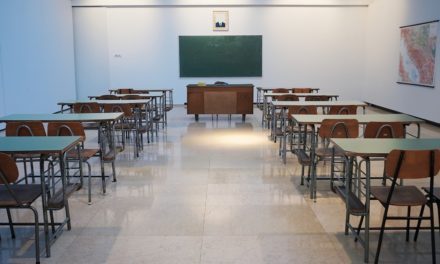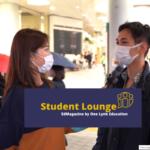
International schools during Covid-19

Covid-19 pandemic affected globally, not just schools for domestic students but also had long-term impacts on international schools. International schools in some countries managed to open their doors in September; others are still preparing to reopen, many with reduced class sizes or staggered shifts or a mixture of online and face to face classes. They need to follow the exact arrangements and quickly changing guidelines that vary depending on the country and the situation regarding the pandemic situation locally.
For instance, in the United Arab Emirates, the authorities have entrusted schools and parents to decide whether to fully reopen, run classes in staggered shifts or continue online learning.
International schools began as schools to feed the demand from wealthier local families for a “Western” international school education and for the children of expatriate families, many of whom had generous employee relocation packages, including school fees. Expatriate families were looking for an education in their language and a curriculum compatible with their home country. Countries that depend on students’ enrollment from these families are mostly the United Arab Emirates, China, and Switzerland.
The schools are remaining hopeful during the Covid-19 pandemic as they saw a previous decrease in students from expat families. Still, the schools were again able to fill vacancies from local families, and the schools could make up the lost business.
The international schools in the Middle East suffered previously with the slump in oil and gas prices, and many expatriates were repatriated. Despite the tough times, they managed to recruit local students and also shifted towards families from South East Asia.
Thailand can stand as an example of a hopeful future for international schools. The country has 250 international schools offering American, British, Singaporean curricula, among others. These schools employ 9,000 teaching staff and enroll 84,000 pupils, according to another ISC Research report from November. And it is the local market that outweighs.
Denla British School in Nonthaburi, for example, has a British curriculum, but enrollment is 80 per cent Thai. It’s too early to assess the impact of the coronavirus fully. Families may switch to more long-term use of online education. Teachers may be more reluctant to travel, and it can lead to a possible staff shortage. The international educational sector, it seems, has enough resilience to survive despite a lot of challenges, both past and future.
























